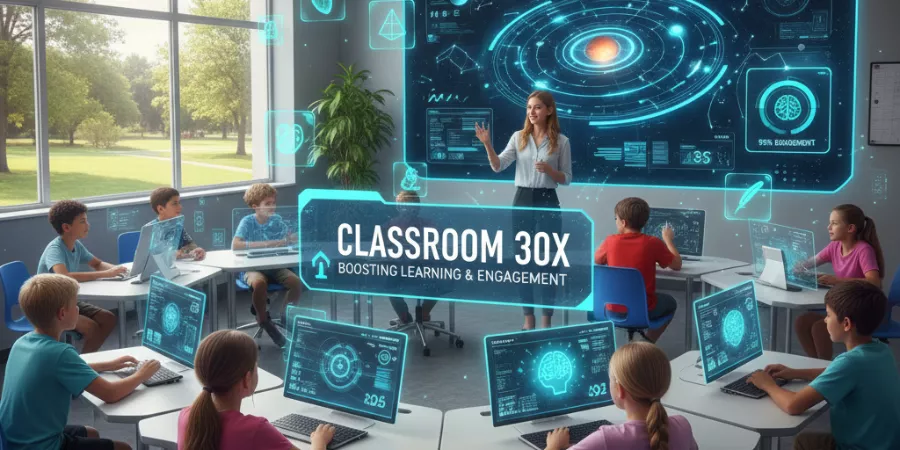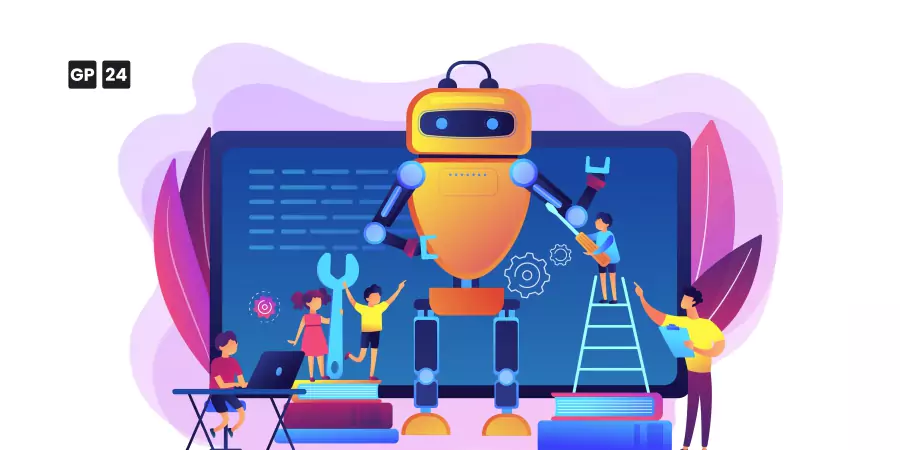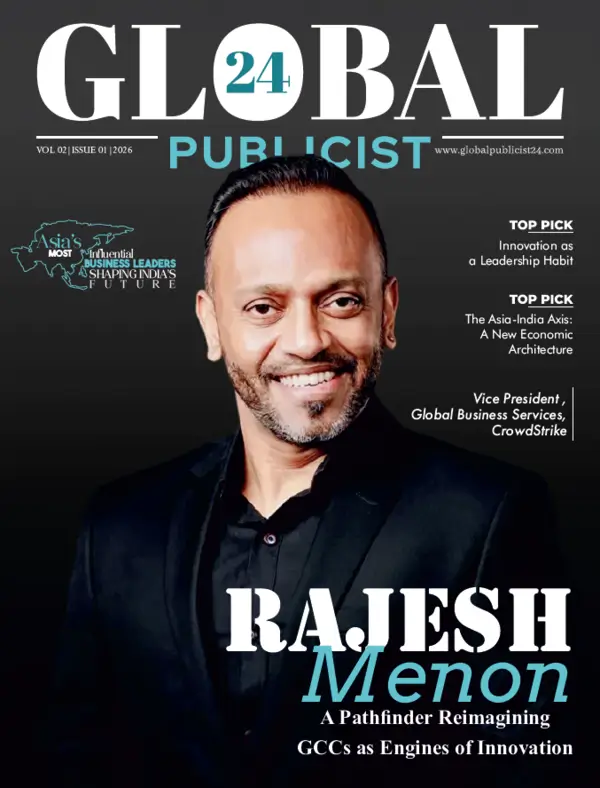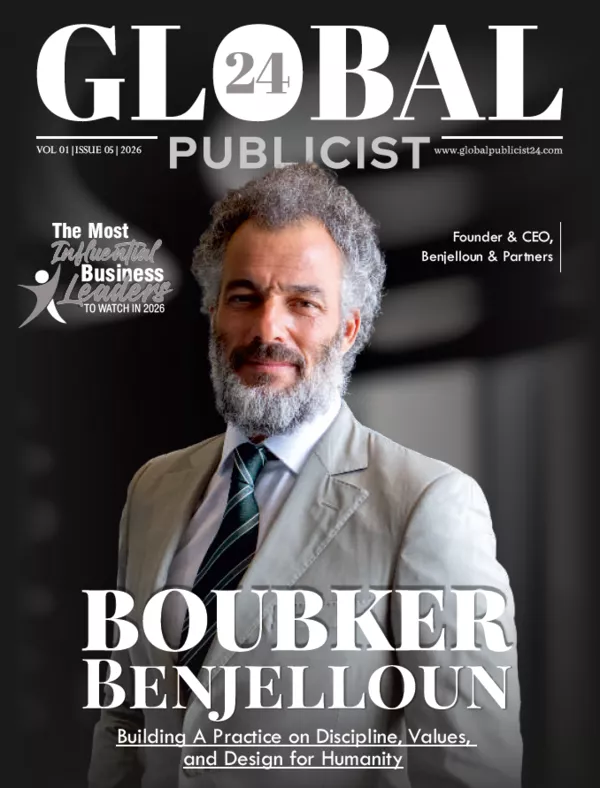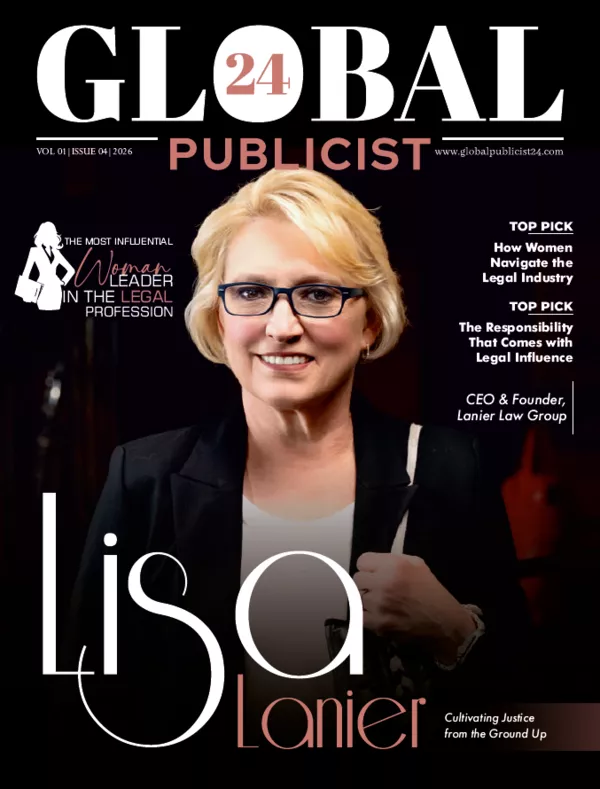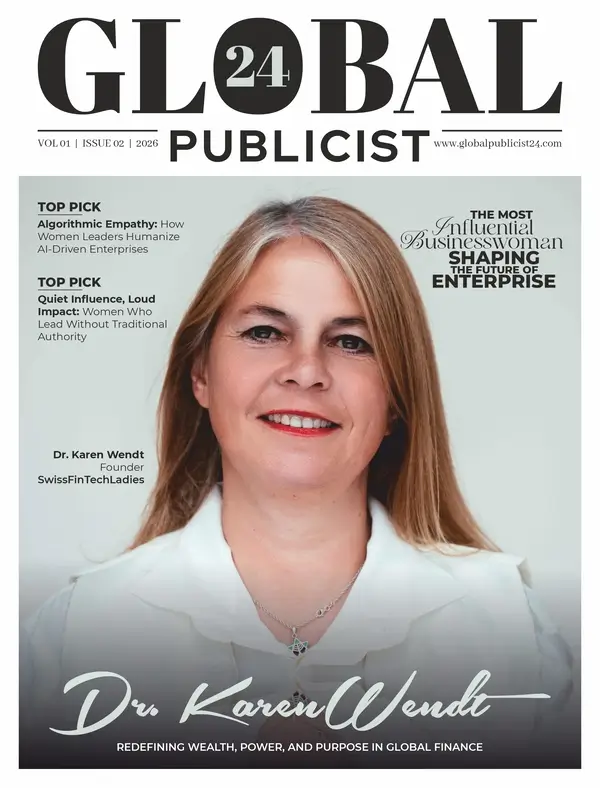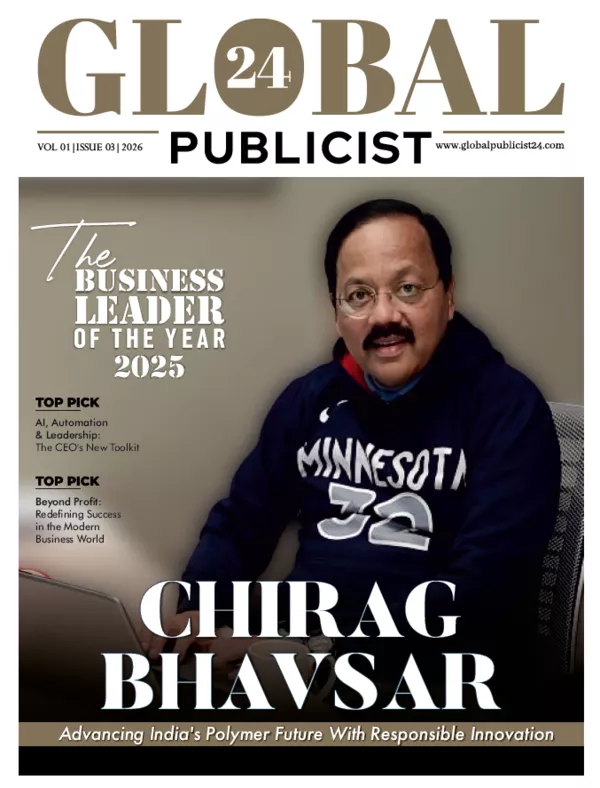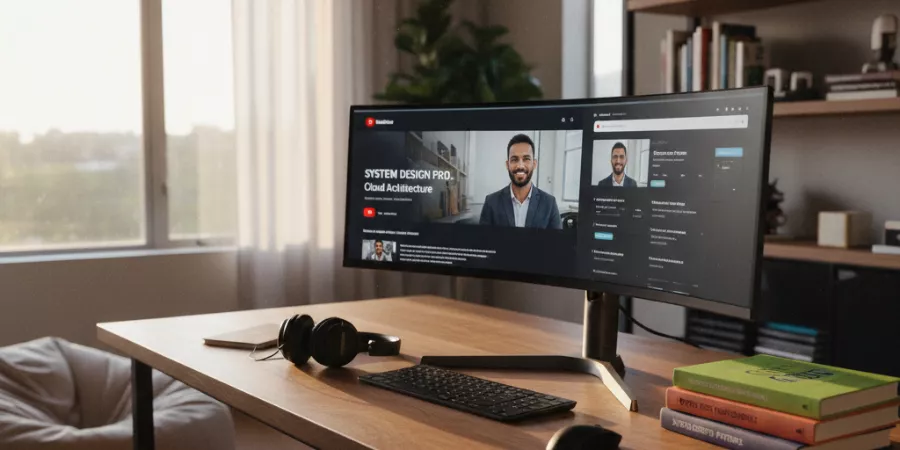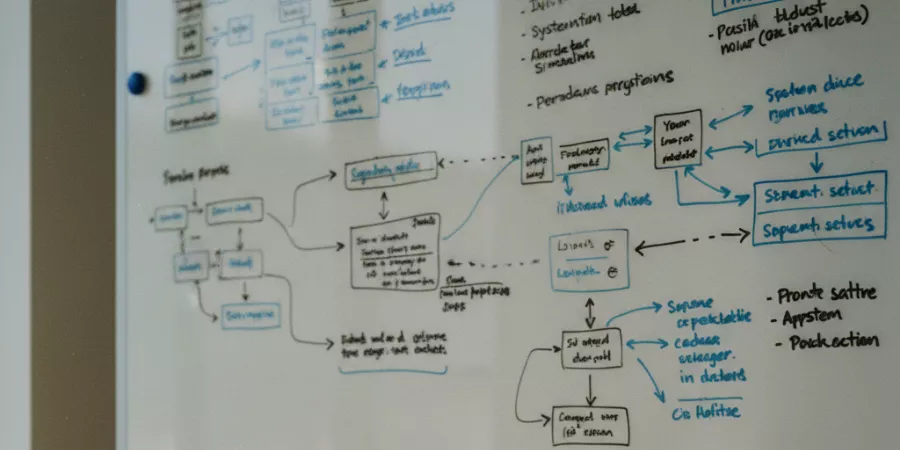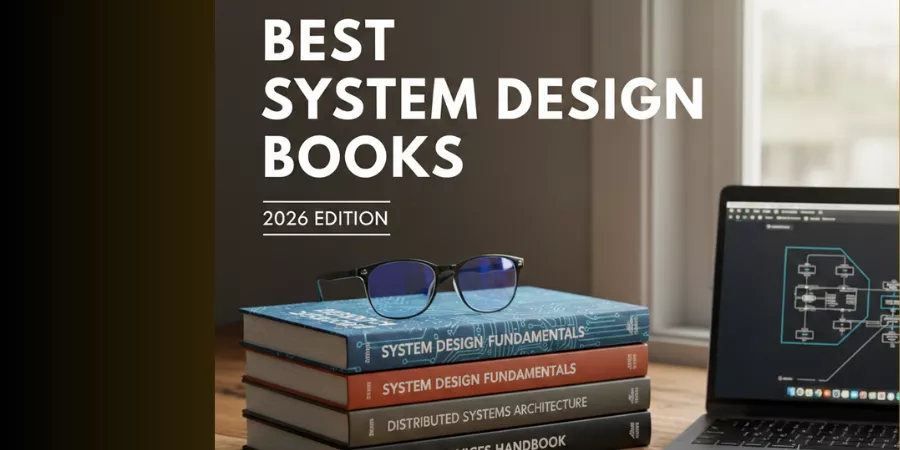In today’s fast-changing world, the idea that education ends after formal schooling is outdated. Visionary leaders understand that lifelong learning is essential not only for personal growth but also for professional success and organizational resilience. Lifelong learning is the ongoing, voluntary, and self-motivated pursuit of knowledge for personal or professional reasons. It goes beyond traditional classrooms and embraces a mindset of curiosity, adaptability, and continuous improvement.
The demand for new skills and knowledge is accelerating due to technological innovation, globalization, and evolving workplace requirements. Visionary leaders embrace lifelong learning to remain relevant and effective amid these shifting landscapes. They recognize that competencies acquired today may become obsolete in a few years, meaning continuous education is necessary to keep pace with change.
Lifelong learning empowers leaders to anticipate trends and navigate uncertainty with confidence. By regularly updating their skills and broadening their perspectives, they make informed decisions that drive innovation. It also enhances critical thinking and emotional intelligence, which are vital for leading diverse and dynamic teams. Lifelong learners develop humility, recognizing that mastery is an ongoing journey rather than a final destination.
Moreover, leaders who prioritize ongoing learning inspire the same values within their organizations or communities. They cultivate cultures where curiosity is rewarded and development is encouraged at every level. Such environments are more agile, creative, and resilient. Employees engaged in continuous learning exhibit higher motivation, productivity, and adaptability.
One notable benefit of lifelong learning is its effect on leadership competencies. Learning sharpens problem-solving abilities by exposing leaders to new models, diverse viewpoints, and emerging ideas. It strengthens empathy and communication skills because effective leaders engage with different perspectives and listen actively. It also promotes innovation since continuous learning encourages experimentation and openness to new information.
Leaders who model lifelong learning create a ripple effect. They show teams that growth is not confined to formal education but is a perpetual process that enriches careers and lives. This mindset helps organizations attract and retain talent, as people value development opportunities and a growth-oriented culture. Furthermore, continuous learning fosters better collaboration by equipping teams with updated knowledge and shared language.
The concept of lifelong learning also supports leaders in maintaining mental agility and personal well-being. Engaging in new challenges stimulates cognitive function, reduces burnout, and enhances creativity. It sustains motivation and satisfaction by offering a meaningful purpose beyond day-to-day tasks. Learning communities and networks provide social support and inspiration, which reinforce commitment to growth.
Visionary leaders also understand that lifelong learning is most effective when treated as a collective endeavor. They build ecosystems where formal training, coaching, peer learning, and experiential opportunities connect. By blending various approaches and modes, they create flexible and inclusive pathways for professional and personal advancement. This holistic approach allows individuals to learn in ways that best suit their unique goals and contexts.
It is important that leaders welcome not only success but also failure as part of the learning journey. They foster an environment where experimentation is encouraged without fear of harsh judgment. Psychological safety is fundamental so individuals feel comfortable taking risks, sharing ideas, and admitting gaps in knowledge. This builds a culture of continuous improvement and innovation.
In addition, visionary leaders view learning as extending beyond their organizations. They engage in partnerships across industries and sectors to exchange ideas and expand horizons. Through participation in global forums, professional networks, and community initiatives, they stay ahead of trends and influence thought leadership. Lifelong learning becomes a way to contribute to society by sharing knowledge and advocating access to education for all.
Practical strategies adopted by successful lifelong learners include dedicating time regularly for learning, setting clear goals, and reflecting on progress. They leverage technology such as online courses, podcasts, and digital libraries to access diverse content anytime, anywhere. They also prioritize mentorship relationships that offer guidance, challenge assumptions, and open doors to new opportunities.
Tailoring learning to individual needs and interests is critical. Visionary leaders embrace personalized learning journeys that align with their values and organizational objectives. This keeps motivation high and ensures relevance. They also encourage continuous feedback to adapt strategies and improve outcomes.
In conclusion, lifelong learning is a cornerstone of visionary leadership. It equips leaders not only to respond adeptly to change but to drive transformation boldly. Through continuous education they cultivate a mindset essential for innovation, resilience, and inclusiveness. By modeling and promoting lifelong learning, leaders create thriving cultures where everyone has the opportunity to grow.
The relentless pursuit of knowledge and growth distinguishes visionary leaders from the rest. It enables them to shape better organizations and societies prepared for an uncertain future. Learning has no age limit and no endpoint but is instead a lifelong companion on the path of leadership excellence.



